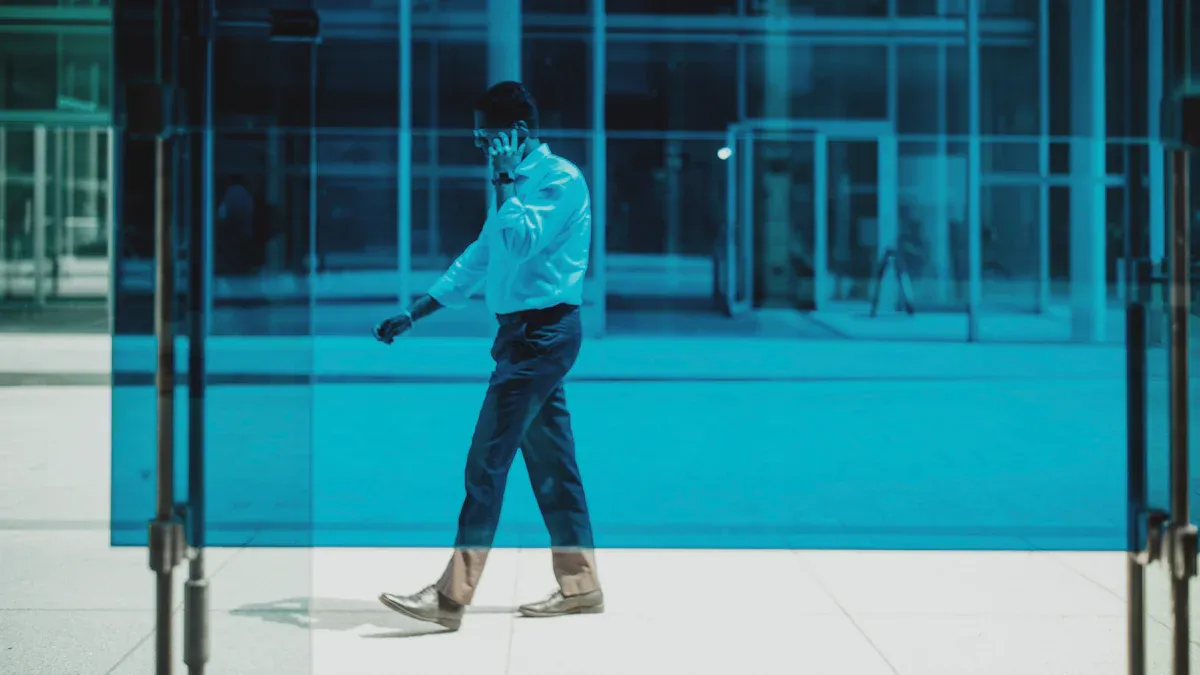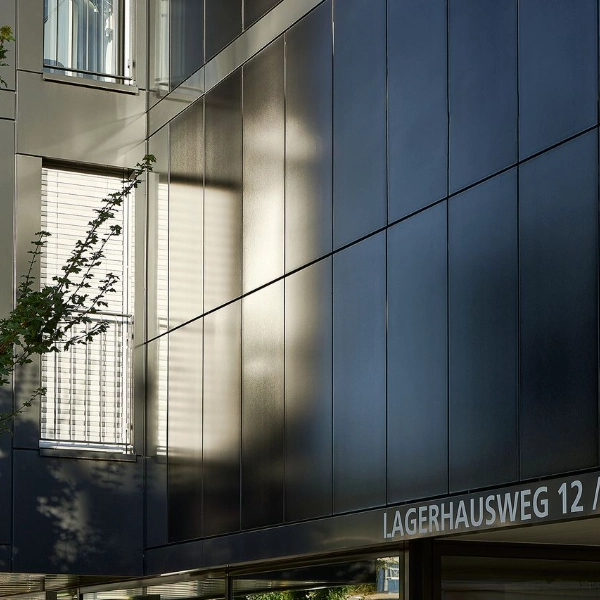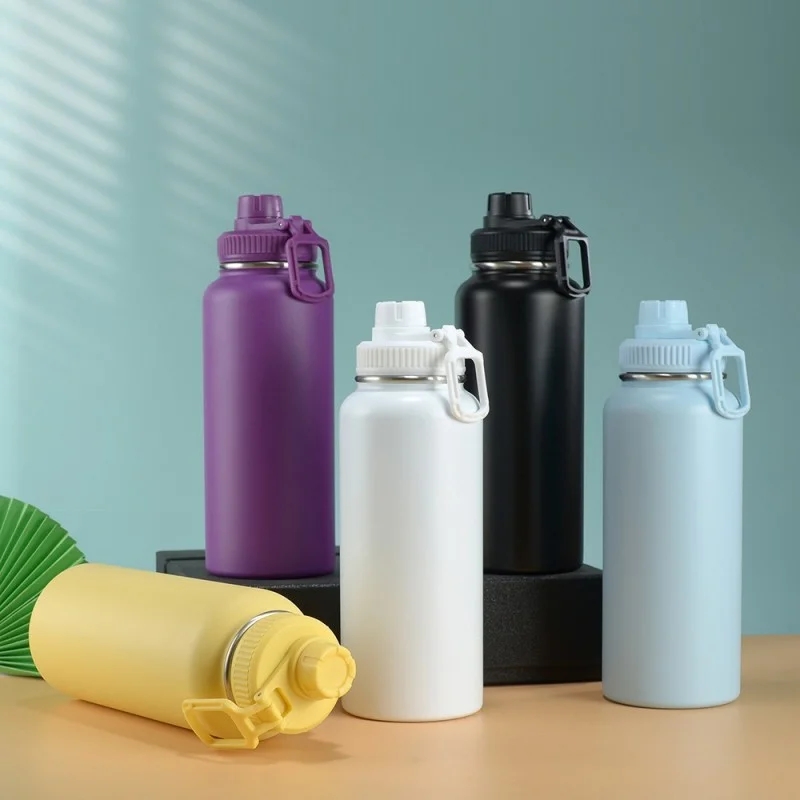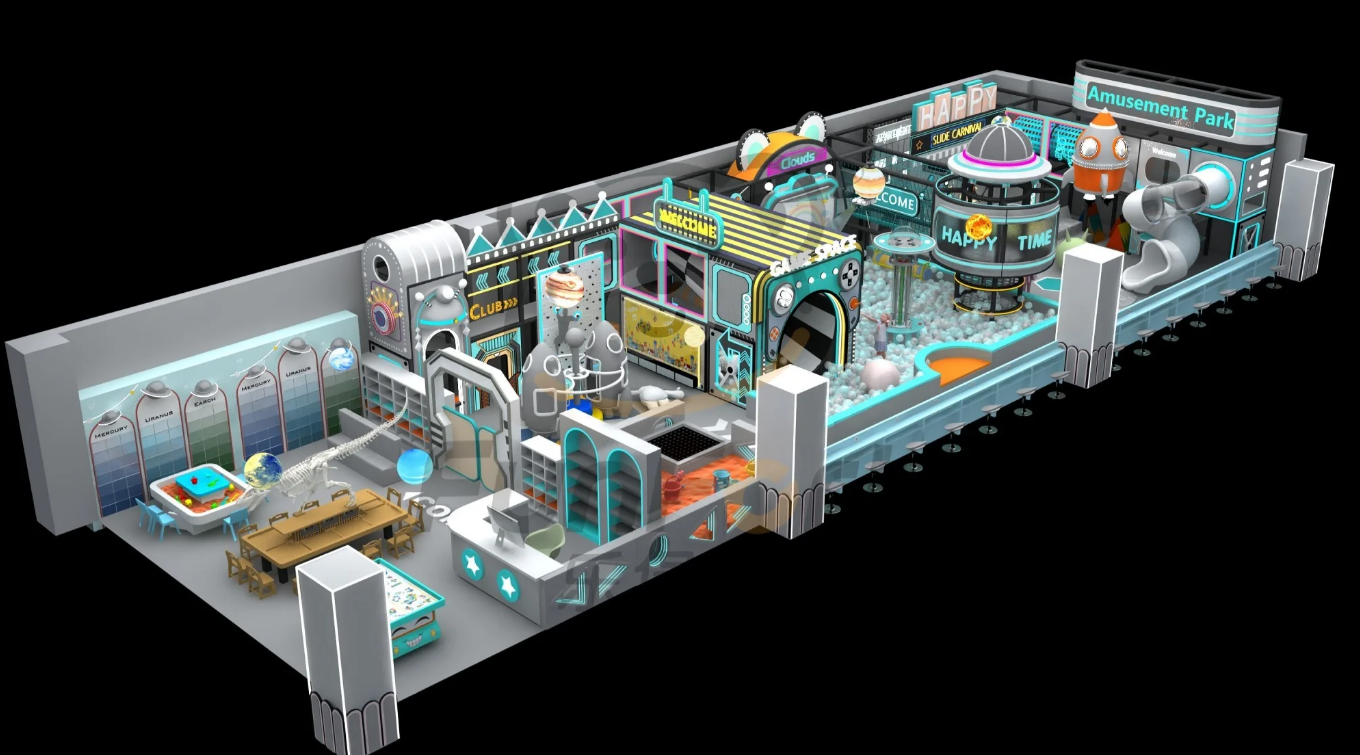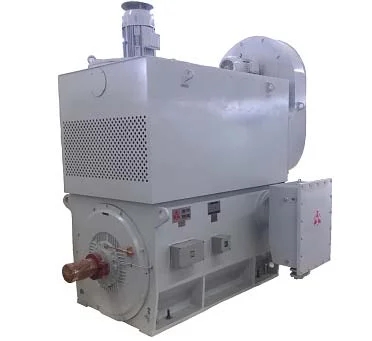Unveiling the Lifespan of PVC Panels: A Comprehensive Analysis
PVC panels have gained immense popularity in various industries due to their versatility, durability, and cost-effectiveness. However, one crucial aspect that often concerns potential users is the lifespan of these panels. In this blog post, we will delve into the factors that influence the longevity of PVC panels and provide valuable insights to help you make informed decisions.
- Understanding PVC Panels:
Before exploring the lifespan of PVC panels, let's first grasp the fundamentals. PVC, or polyvinyl chloride, is a synthetic plastic polymer known for its exceptional strength and resistance to moisture, chemicals, and impact. These panels are widely used in construction, interior design, automotive, and other industries due to their ease of installation and maintenance. - Factors Influencing Longevity:
a) Quality of Materials: The lifespan of PVC panels heavily relies on the quality of materials used during manufacturing. Opting for panels made from high-grade PVC resin and additives ensures enhanced durability and longevity.
b) Installation Techniques: Proper installation techniques, such as ensuring a level surface, using appropriate adhesives, and following manufacturer guidelines, significantly impact the lifespan of PVC panels.
c) Environmental Conditions: PVC panels are designed to withstand various environmental conditions. However, extreme temperatures, excessive humidity, and prolonged exposure to sunlight can potentially affect their lifespan. Adequate insulation and regular maintenance can mitigate these effects. - Maintenance and Care:
To maximize the lifespan of PVC panels, regular maintenance is essential. Here are some practical tips:
a) Cleaning: Regularly clean the panels using a mild detergent and a soft cloth to remove dust, dirt, and stains. Avoid using abrasive cleaners or scrub brushes that may damage the surface.
b) Inspection: Periodically inspect the panels for any signs of damage, such as cracks, warping, or discoloration. Promptly address any issues to prevent further deterioration.
c) Protection: Consider using protective coatings or sealants to enhance the panels' resistance to UV rays, moisture, and scratches. Consult with professionals to determine the most suitable options for your specific application. - Lifespan Expectations:
The lifespan of PVC panels can vary depending on the aforementioned factors. On average, well-maintained PVC panels can last anywhere between 20 to 30 years. However, with advancements in manufacturing techniques and the use of premium materials, some high-quality panels have been known to exceed this timeframe.
Conclusion:
PVC panels offer an excellent solution for various industries, providing durability, versatility, and cost-effectiveness. By understanding the factors influencing their lifespan and implementing proper maintenance practices, you can ensure the longevity of these panels. Remember, investing in high-quality materials and following recommended installation and maintenance procedures are key to maximizing the lifespan of PVC panels and enjoying their benefits for years to come.


